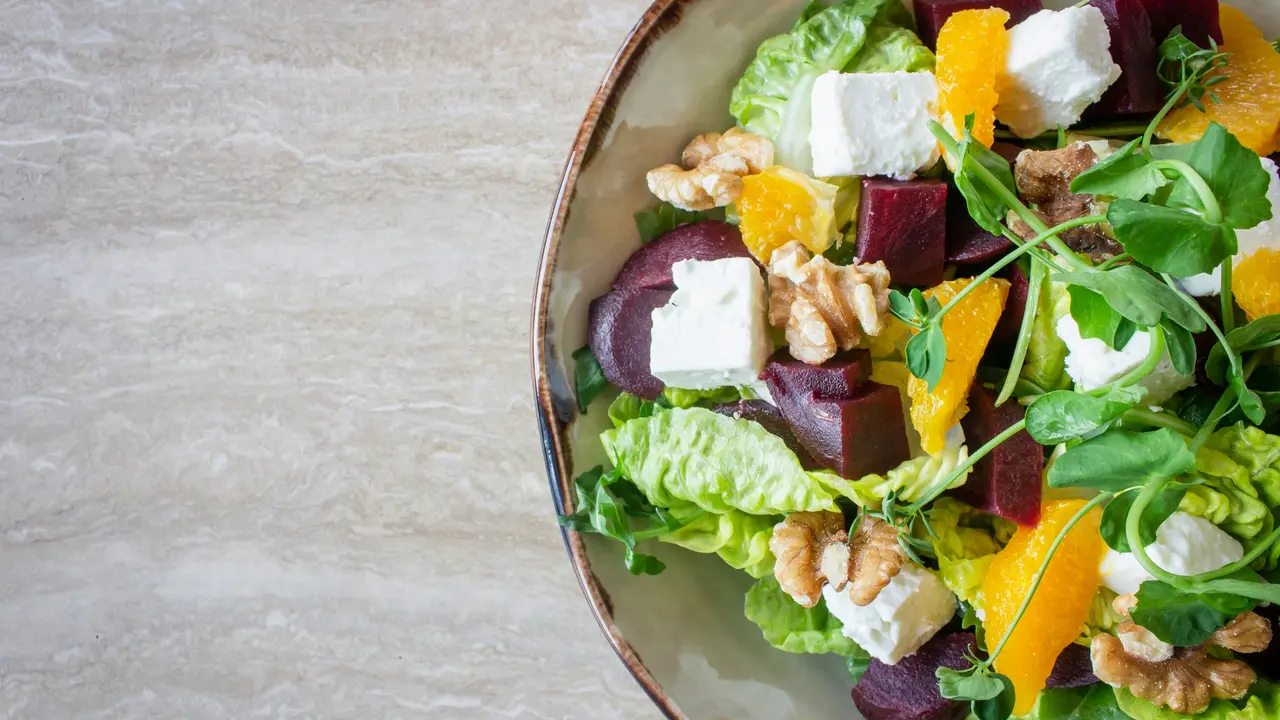Have you ever wondered, “is sugar a compound or a mixture?” This simple yet profound question leads us into the fascinating world of chemistry and nutrition. In this article, we’ll unravel the sweet truth behind sugar, exploring its properties, structure, and the science that makes it essential in our lives. Get ready to satisfy your curiosity as we dive into this sugary topic!
Understanding the Basics: Is Sugar a Compound?
What is a Compound?
In chemistry, a compound is a substance formed when two or more elements chemically bond together in fixed proportions. Compounds have distinct properties and compositions, which set them apart from mixtures. The key idea here is that the components of a compound cannot be separated by physical means.
What is Sugar Made Of?
Sugar, specifically sucrose, is a common carbohydrate found in many plants. It consists of two simpler sugars: glucose and fructose. When these sugars bond together through a process called glycosidic linkage, they create a disaccharide—specifically, sucrose. This fundamental structure indicates that sugar is indeed a compound, as it is made from two elements chemically combined in a specific ratio.
Exploring Sugar as a Mixture
What is a Mixture?
A mixture is a combination of two or more substances where each retains its own properties. Unlike compounds, the components of a mixture can be separated by physical methods. Common examples include saltwater, air, and soil.
Is Sugar a Mixture in Certain Contexts?
When discussing sugar, it’s important to highlight that while sucrose itself is a compound, it can be part of a mixture in various foods. For instance:
- Sugar in a recipe that combines flour, butter, and eggs is a mixture of several components.
- Brown sugar contains molasses, making it a mixture of sucrose and other organic compounds.
- Powdered sugar often contains starch to prevent clumping, indicating another mixed composition.
Thus, in culinary contexts, sugar can be viewed as a mixture within broader combinations of ingredients.
The Chemical Properties of Sugar
Physical and Chemical Properties
The properties of sugar as a compound help us understand its role in different applications. Sugar is primarily:
- Soluble in water, making it easy to incorporate into beverages and recipes.
- Sweet-tasting, which is one reason it is widely used as a sweetener.
- Crystalline in solid form, which contributes to its various applications in cooking and baking.
How Sugar Interacts with Other Substances
Sucrose reacts with acids and bases and can undergo fermentation, where yeast converts it into alcohol and carbon dioxide. These interactions illustrate the behavior of sugar as a compound in different environments.
The Health Impact of Sugar: A Compound with Consequences
Positive Effects of Sugar
In moderation, sugar serves as a quick source of energy and can improve flavor profiles in various dishes. It also plays a crucial role in preserving foods through the process of fermentation.
Negative Effects of Excessive Sugar Intake
Overconsumption of sugar is linked to several health issues, such as:
- Obesity
- Type 2 diabetes
- Dental problems
Understanding sugar’s compound nature helps in recognizing its potential risks and benefits.
Conclusion: The Dual Nature of Sugar
In summary, when considering “is sugar a compound or a mixture,” we find that sugar, specifically sucrose, is a compound made of glucose and fructose. However, in everyday use, sugar can appear as part of various mixtures in foods. This multifaceted identity highlights its significance in both chemistry and culinary practices. If you found this exploration enlightening, don’t hesitate to share it with your friends or explore more articles on the wonders of food science!
Sugar – Recent Articles
- Does Gabapentin Increase Blood Sugar? Find Out Now!
- Does Wine Have Sugar in It? Uncover the Sweet Truth!
- How Much Sugar in Hot Chocolate? The Sweet Truth Revealed!
- Does Snapple Zero Sugar Tea Have Caffeine? Find Out Now!
- Discover How Much Sugar in Dr Pepper 20 oz Really Is!
Sugar – Useful Links
- DC – Get the Facts: Added Sugars
- American Heart Association – Added Sugars
- Harvard T.H. Chan – Added Sugar in the Diet
- MedlinePlus – Sweeteners – sugars
- NIDDK – Healthy Living with Diabetes
